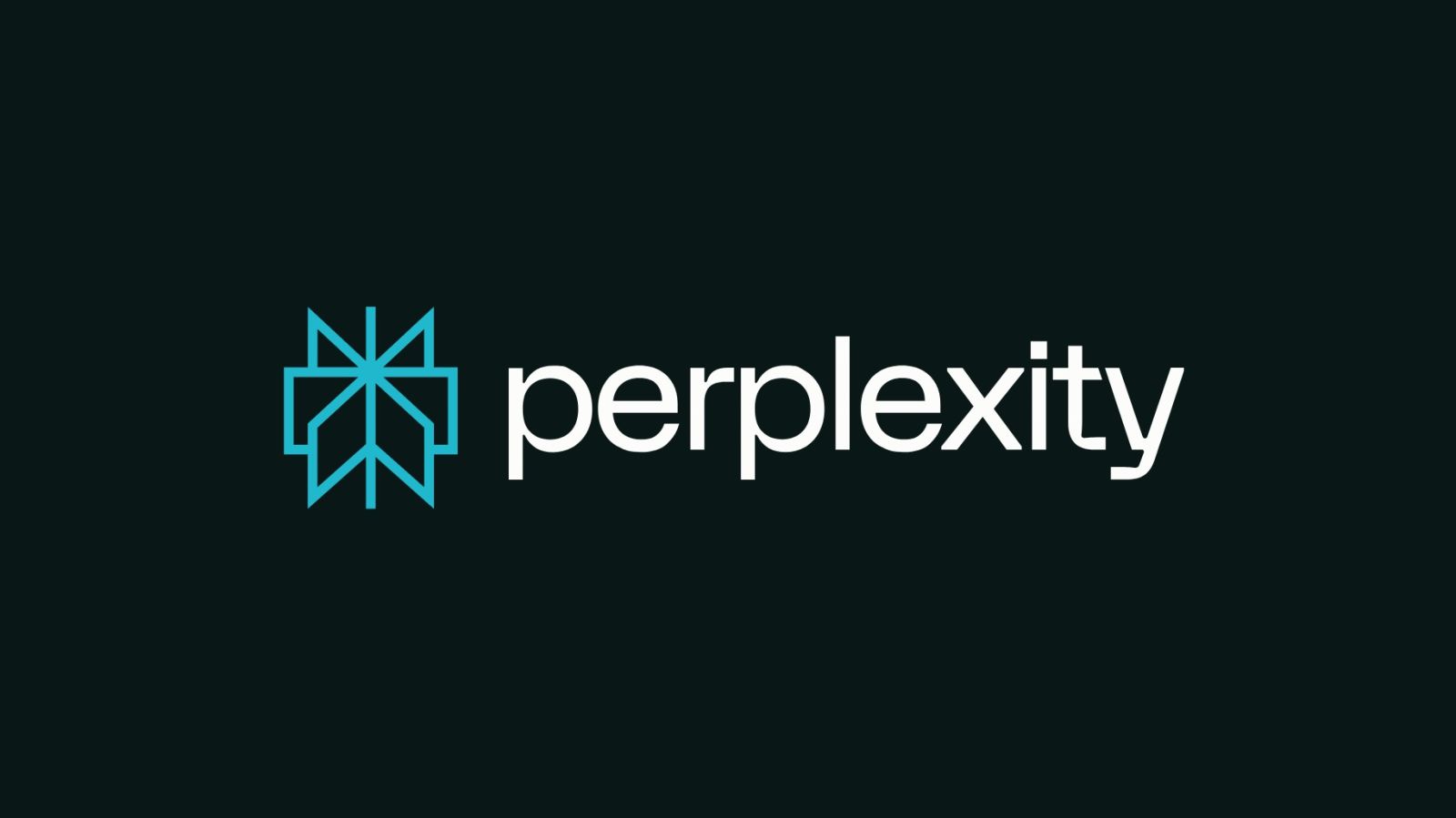Introduction
Chrome now sits at the center of a surprise $34.5B cash proposal from Perplexity, a fast-scaling AI search challenger. The move targets distribution power, behavioral data signals, and strategic leverage in the shift from classic query lists toward synthesized, agent-driven answers. This analysis unpacks context, regulatory friction, strategic logic, scenarios, and execution risk.
Context
Alphabet’s browser underpins user journeys, monetization funnels, and rollout of AI-generated overview features. Simultaneously, conversational systems and autonomous browsing agents reframe discovery. Perplexity, after rapid fundraising and release of its AI-enabled Comet browser, seeks installed scale to reinforce retention, feedback loops, and model refinement efficiency.
Problem / Challenge
Three tensions dominate: antitrust scrutiny of distribution exclusivity, escalating LLM inference cost curves, and dependence on incumbent browser channels. Without native window ownership, emergent players risk thin margins, slower reinforcement learning, and weak bargaining with content rights holders.
Solution / Approach
Perplexity’s bid outlines a pure cash structure, commitment to keep Chromium open, a two-year $3B investment pledge, and no immediate modification of the default search engine. Narrative intent: preserve user choice while injecting accelerated agent-centric innovation at the browser layer.
Use Cases and Examples
In-Context Summarization
Dynamic multi-tab synthesis reduces context switching and external search queries while retaining provenance links.
Conversational Navigation
Inline dialog surfaces task-oriented refinement instead of page reload cycles, improving throughput per session.
Automated Micro-Workflows
Browser agents execute repetitive form fills and structured retrieval under granular permission scopes.
Adaptive Compliance Layer
Real-time jurisdictional policy adaptation lowers operational friction for cross-border user cohorts.
Best Practices
- Abstract model layer to enable rapid provider swaps
- Expose verifiable citation trails for synthesized answers
- Apply least-privilege data scoping in agent sandboxing
- Instrument latency budgets with clear SLO dashboards
- Provide transparent token and energy cost reporting [DATA NEEDED]
- Stage gradual opt-ins for predictive augmentation features
Common Pitfalls
- Over-indexing on opaque ranking heuristics
- UI clutter via stacked AI overlays diminishing clarity
- Neglecting jurisdiction-specific data retention rules
- Insufficient extension compatibility regression testing
- Marketing unvalidated accuracy percentages
FAQ
Why target a dominant browser?
Ownership accelerates data feedback, reduces acquisition spend, and embeds conversational workflows where intent originates.
Likelihood of acceptance?
Low near term: strategic importance to Alphabet and probable multi-year appeals reduce probability.
Developer ecosystem impact?
Stated continuity; potential expansion through standardized agent APIs layered above extension models.
User risk factors?
Governance transition, telemetry scope expansion, potential functionality lock-in if openness erodes.
Search market impact?
Could catalyze modular ad and retrieval architectures if structural separation emerges.
Conclusion
Perplexity’s Chrome bid underscores the browser’s renewed strategic gravity in AI-driven discovery. Outcome remains uncertain, yet competitive pressure will likely accelerate agent integration norms, transparency expectations, and data governance evolution. Reassess your browser plus AI roadmap now to secure positioning.
